The old adage think of others before yourself is all very well, but to be effective in competitive situations we need to
1. Know someone well enough to be able to respond differently; and
2. Have an awareness of what another might want/need.
We are all sublimely different, so where do we start?
Powers of great behavioural analysis have come up with some ways to give us generalisations to start to develop responsive patterns.
The characterisations of personality traits in this report are adapted from training resources. And modified to the bridge environment based on my 30 years experience as a Bridge Director and Player, observing and interacting with people in highly competitive environments, my training DISC Profiling and my personal and professional development work.
The premise is that if you start to recognise your self in the The Suit Yourselves, you may choose to adapt to respond more effectiviely in competitive environments. Particularly when you are in close competition with opponents, or teammates who are nothing like you.
Quite simply, it can take the sting out of a critical comment if you know that person is prone to be like that with everyone, and its not personal against you. Even though you may not know an individual, perhaps an awareness of bridge habits of different character types will give you clues you can relate to.
If nothing else it’s a bit of bridge fun!
Nicole
Meet the Suit Yourselves
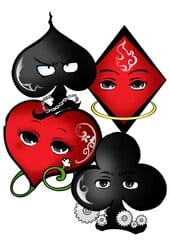
Spadane
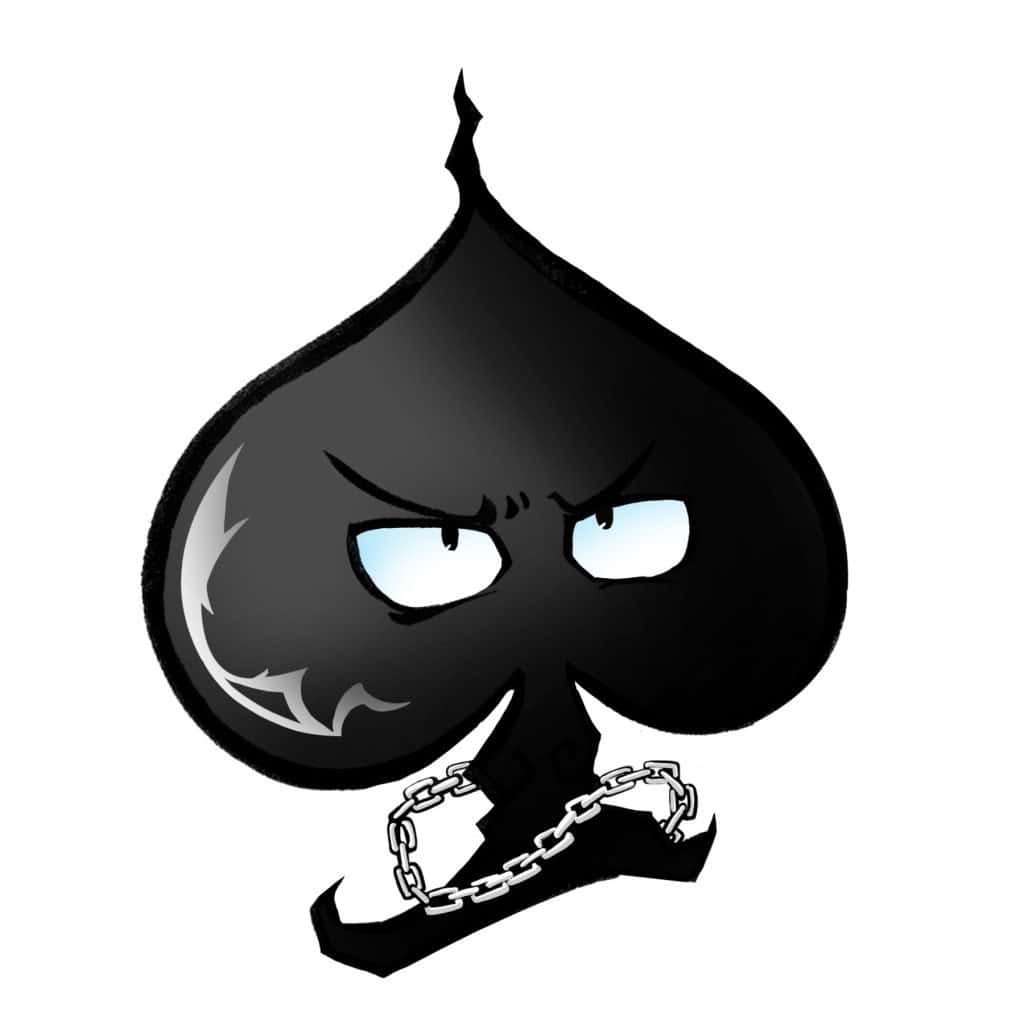
Very active in dealing with problems and challenges. Demanding, forceful, egocentric, strong willed, driving, determined, ambitious, aggressive, and pioneering
Opposite to: conservative, low keyed, cooperative, calculating, undemanding, cautious, mild, agreeable, modest and peaceful.
The choleric temperament is fundamentally ambitious and leader-like. They have a lot of aggression, energy, and/or passion, and try to instill it in others. They can dominate people of other temperaments, especially phlegmatic types. Many great charismatic military and political figures were choleric. They like to be in charge of everything. However, cholerics also tend to be either highly disorganized or highly organized. They do not have in-between setups, only one extreme to another. As well as being leader-like and assertive, cholerics also fall into deep and sudden depression. Essentially, they are very much prone to mood swings.
Hearene
Influences others through talking and activity and tends to be emotional. Convincing, magnetic, political, enthusiastic, persuasive, warm, demonstrative, trusting, and optimistic.
The sanguine temperament is fundamentally impulsive and pleasure-seeking; sanguine people are sociable and charismatic. They tend to enjoy social gatherings, making new friends and tend to be boisterous. They are usually quite creative and often daydream. However, some alone time is crucial for those of this temperament. Sanguine can also mean sensitive, compassionate and romantic. Sanguine personalities generally struggle with following tasks all the way through, are chronically late, and tend to be forgetful and sometimes a little sarcastic. Often, when they pursue a new hobby, they lose interest as soon as it ceases to be engaging or fun. They are very much people persons. They are talkative and not shy. Sanguines generally have an almost shameless nature, certain that what they are doing is right. They have no lack of confidence.
Opposite to : reflective, factual, calculating, skeptical, logical, suspicious, matter of fact, pessimistic, and critical


Diamine
Wants a steady pace, security, and does not like sudden change. Calm, relaxed, patient, possessive, predictable, deliberate, stable, consistent, and tend to be unemotional.
The melancholic temperament is fundamentally introverted and thoughtful. Melancholic people often were perceived as very (or overly) pondering and considerate, getting rather worried when they could not be on time for events. Melancholics can be highly creative in activities such as poetry and art – and can become preoccupied with the tragedy and cruelty in the world. Often they are perfectionists. They are self-reliant and independent; one negative part of being a melancholic is that they can get so involved in what they are doing they forget to think of others.
Opposite to: restless, demonstrative, impatient, eager, or even impulsive
Cluone
Adheres to rules, regulations, and structure. Careful, cautious, exacting, neat, systematic, diplomatic, accurate, and tactful
Opposite to: self-willed, stubborn, opinionated, unsystematic, arbitrary, and unconcerned with details
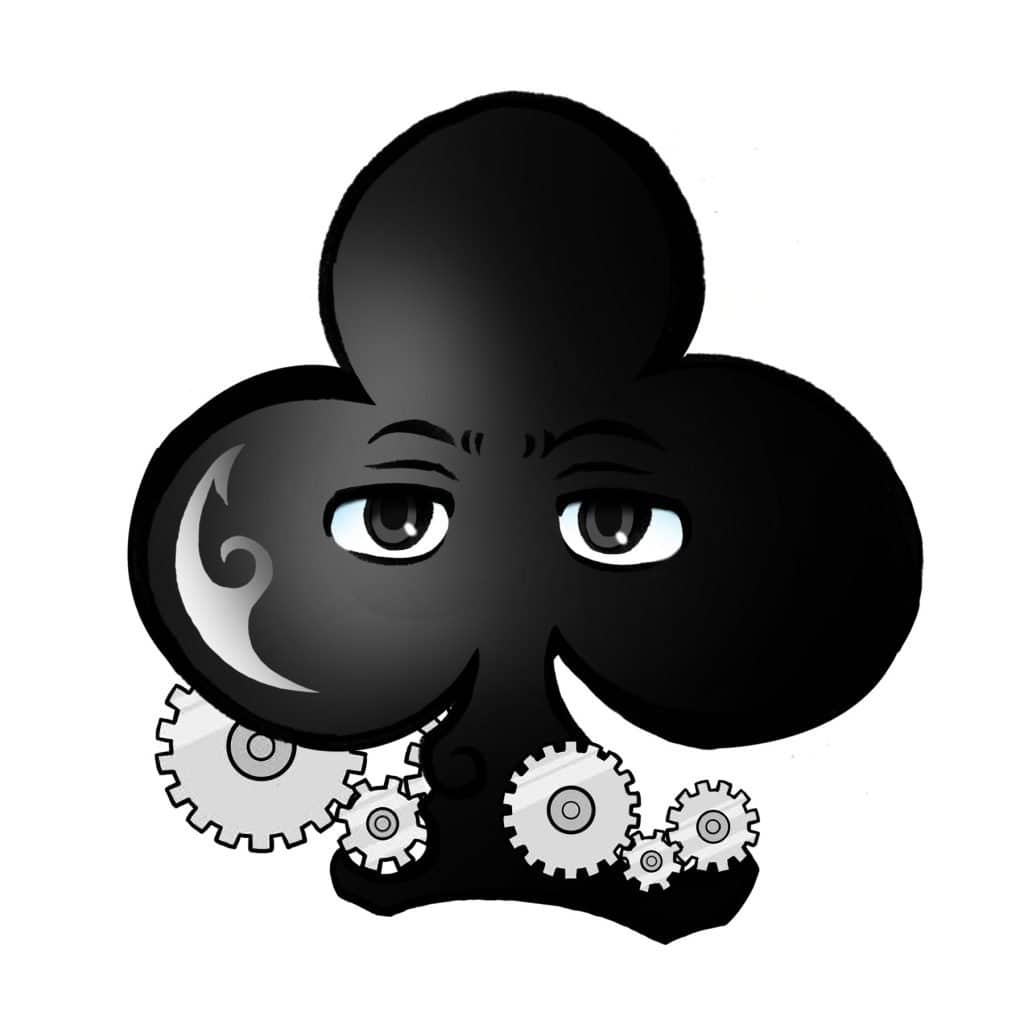
And then there are the Notrunes…
Notrunes are blends of one or more Suit Yourselves and can be tricky.
But once you are familiar with Spadane, Hearene Diamine and Cluone suit yourselfers, handling blended personality becomes a breeze!
We promise!
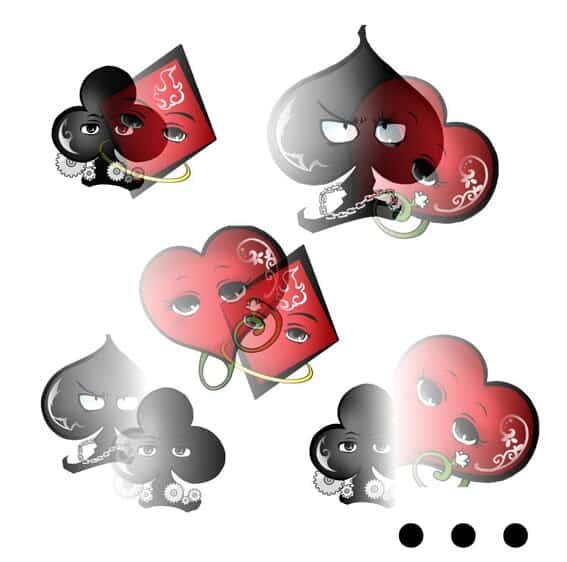
At the Bridge Table
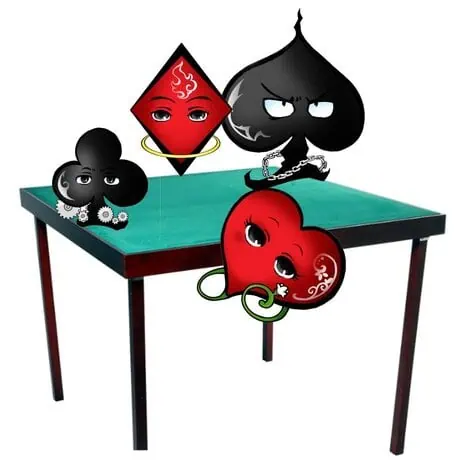
The “boss”
“Leads the way”
Characteristics
- Actively deals with problems and challenges.
- Demands, forceful, egocentric, strong willed, driving, determined, ambitious, aggressive, and pioneering, loud
Temperament
- Mood swings, emotional, flair filled, easily bored
- No time for compassion
Conflict
- Attack as first form of defence, bluster over substance

General
- Tend to extremes
- Likes to be in charge
- Can dominate a table with their presence
Managing themselves
- Quick to anger, then forgets quickly
- Focussed on overall rather than details
- Truth is a moveable concept
- Time? When I get there it starts!
Bridge Behaviours
Likes to sit North
Claims stating – “it’s obvious”
Shrugging shoulders when it doesn’t work
Plays quickly with confidence
Won’t be swayed by others
Wants to have the final say
Aggressive actions
High risk taking bids
May not be terribly helpful
Expects others to work it out
Intuitive
Reads opponents gestures
Trusts own judgement
“My way or the highway”
Loud and aggressive debate
Easily angered
Unforgiving
No compromise
Unsettled by
Feeling taken advantage of
Failure
The “cheery colourful”
“Inspires action to higher levels”
Characteristics
• Influences others through talking and activity
• Charismatic, magnetic, enthusiastic, persuasive
• Warm and demonstrative,
• Optimistic, creative and daydreams
Temperament
• Easily distracted
• Emotional
• Needs to feel engaged
Conflict
• Will try to talk someone round, can be sarcastic
General
• Tend to flighty
• Likes to be centre of attention
• Can be dramatic
• Talkative
Managing oneself
- Can adopt an air of martyr
- Will try to smile their way out of a situation
- Forgetful
- Truth is momentary
Bridge Behaviours
Lucky if they remember which polarity they started in
• Will try things in case it works
• Gets distracted mid-plan
• Plays too quickly
• Too trusting of bids and plays
• Takes risks
• Can favour anti-percentage lines for no good reason
• Intuitive
• Good table presence
• Claims to avoid “messing it up”
• Optimistic
• Might need reminding of turn to bid
• Deviates from system
• Tries things to see what happens
• Unconventional
• Likes the sound of their voice
• Will try to persuade rather than compromise
• Dramatic
• May speak then think
• Impulsive analysis
• May be late to table/slow to finish
Unsettled by
• Feeling rejected or unwanted
• Loss of popularity
The “reliable”
“Ensures the rest go the distance”
Characteristics
- Sympathetic to viewpoints,
- Builds strong relationships
- Dependable and loyal
Temperament
- Calm
- Slow to show emotion
- Persistent in their approach
- Broods
Conflict –
- Avoids confrontation
- May go quiet rather than enter a debate
- Maintains status quo, resilient
General
- Influences by listening and counsel
- Amiable, but not necessarily popular
- Sociable and comfortable among friends
Managing themselves
- Can seem fine when they are not
- Quiet and retiring
- Meticulous
Truth is steadfast
Bridge Behaviours
- Most comfortable in a regular seating position – South or East typically
- May persist with their plan rather than adapt in face of new information
- Plans carefully, sometimes slowly
- Status quo play habits
- Not a high risk-taker
- Concentrates closely in minute detail
- Claims only when comfortable
- May avoid definitive action unless unavoidable
- Knows and sticks to system
- Likes conventions that make sense
- Trusts partner
- Won’t act on impulse
- Likes to discuss thoughtfully
- Will reference status quo rather than change
- Quiet and considered
Unsettled by
- Change
- Feeling that security is lost
The “get it right”
“sets the order for all the rest”
Characteristics
• Follows rules and regulations
• Careful and cautious
• Systematic and accurate, observant and tactful
• Reticent sociable style with a tendency to suspicion over trust
Temperament
• Relaxed and quiet, content to makes things tick nicely
• Self-reliant with useful input, but rarely offer it voluntarily
Conflict
• Preference for acceptance
• Rational carefully considered arguments
General
• Can be overlooked by more dominant personalities
• Likes to keep the peace
• Tendency for caution over optimism
• Risk averse
• Like to feel completely sure of another’s expectations
Managing themselves
• Keeps things to themselves
• Very focussed on detail and accuracy
• Truth above all
• Always on time, tidy table
Bridge Behaviours
Will sit anywhere but likes to carefully maintain that seat throughout session
• Rarely claims
• Plays slowly and carefully, noting cards thoughtfully
• Can be caught unaware by deception
• Will bid according to rules of points and partnership
• May be unwilling to compete
• Risk averse to the unexpected
• Notices details
• Trusts rules and percentages
• May be slow to respond while thinking of all aspects
• Rational debate
• Willing to compromise
Unsettled by
• Conflict
• Criticism